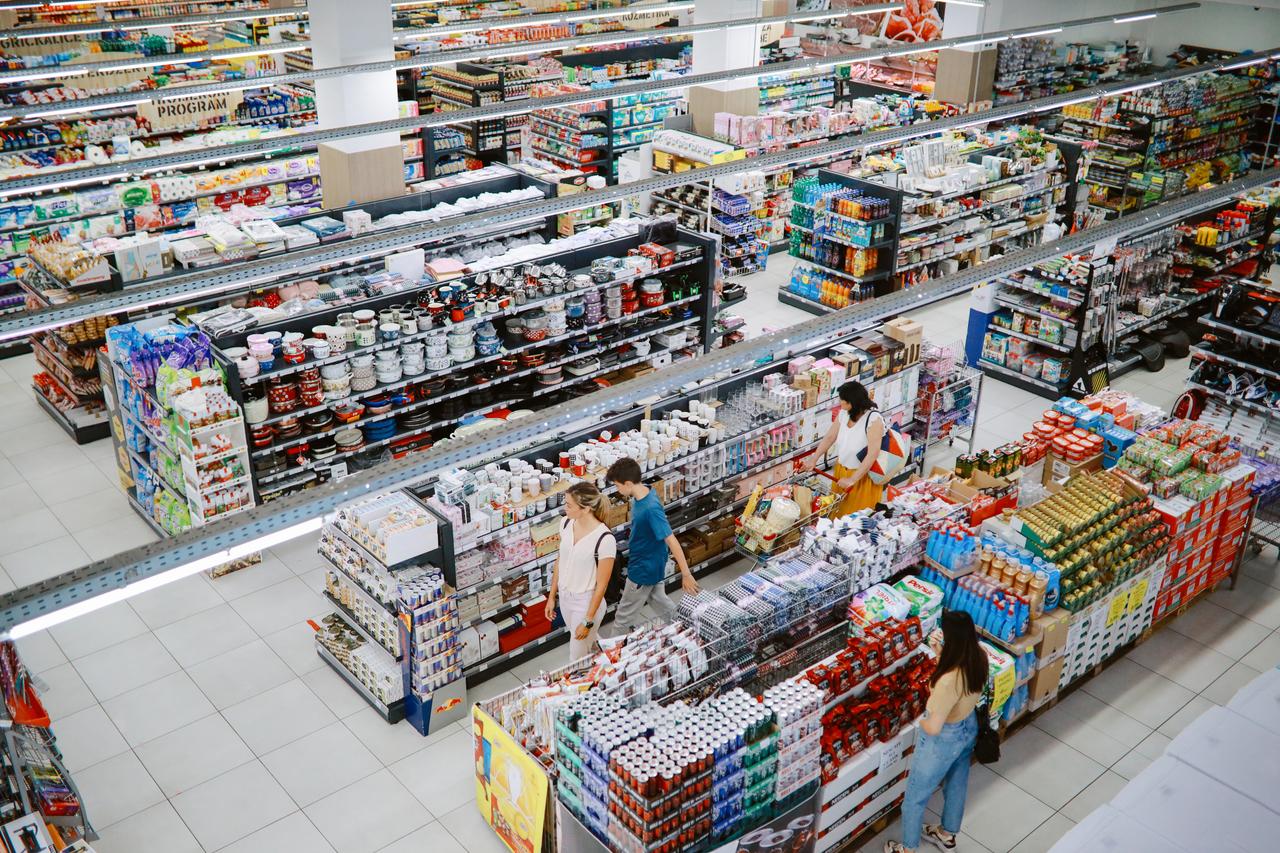Climate and war are globally and increasingly threatening vital energy, water, and transport infrastructure. Credit insurer Allianz Trade warns of disruption taking increasingly serious forms. Better than billion-dollar repairs are preventive green measures, argues the report 'Securing critical infrastructure'.
The report cites a variety of examples showing how critical infrastructure is being undermined:
- The low water level in the Panama Canal. If the drought continues, world trade could shrink -7% this year.
- Tensions at the Red Sea have now pushed up transport costs by +92%.
- A blockade in the South China Sea will drive up oil prices by at least +20%.
- Nuclear power plants run at half power due to shortage of cooling water, but flooding then causes major disruption to road, water and rail transport



